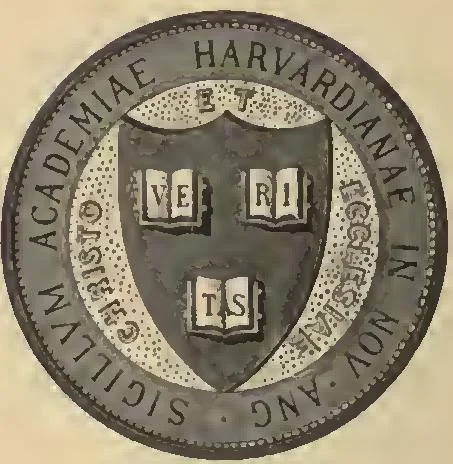Making Harvard undergraduate education tuition free while making the Harvard admissions process transparent, so that all applicants are on a level playing field, is the quest of a group of five Harvard alumni.
The five are running for Harvard’s Board of Overseers, the college’s second highest governing body. The group includes Ralph Nader, the famous consumer advocate and a graduate of Harvard’s Law School, Ron Unz, a Silicon Valley entrepreneur and outspoken conservative who will be running for the Republican Senate seat in California this autumn, along with three others.
Under the banner of “Free Harvard, Fair Harvard” it hopes to sway the Board of Overseers, and should Harvard so change, the rest of the most selective schools, the group believes, will likely follow suit.
Its rationale for offering Harvard College tuition free is Harvard’s endowment currently stands at $37.5 billion, and “the investment income the university receives from its endowment’s private equity and securities holdings averages 25 times larger than the net tuition revenue of its 6600 undergraduates.” So why then, its argument goes, should Harvard College charge $180,000 for four years of tuition?
To the group it seems inconceivable for schools with endowments in the billions not to use the bulk of these funds to offset the high cost of tuition, which has risen in real terms over 220% since 1980.
While clamoring for using Harvard’s endowment (and those of other well-off universities) to counter tuition costs has mainstream support, there are opposing views, one being Harvard College’s Director of Financial aid, Sally C. Donahue. She claims that using its endowment to end tuition ‘would diminish Harvard’s resources and give free education to families who can actually pay the tuition.
Additionally, extracting money from endowments is not a straightforward process. Harvard’s endowment consists of 13,000 donors, many of whom have placed restrictions on how the donated funds can be allocated. Accessing funds for expenses outside those intended by the donor can result in a breach by the university and a lawsuit.
Possibly bringing transparency to the admissions process will be easier, though here too, it’s not so black and white. The group advocates selecting students based upon ‘merit’. Mr. Unz, who is the leading voice of the group, mentions a mix of GPA, standardized test scores, and achievements in high school. Harvard contends, however, measuring an applicant’s worth by scores and grades favors those who can afford tutors, cram schools, and other resources to appear on paper as promising.
Harvard claims to take a holistic view of its applicants. In Harvard magazine’s “An Overseer’s Challenges,” (January 15, 2016, The Crimson.com), Harvard cites its admissions methods by referencing a quote from James Bryant Conant, “A college would be a dreary place if it were composed of only on type of person.” He goes on, “Admissions processes, therefore, must remain essentially human. They must depend on informed judgment rather than on numerical indices.”
Admissions further references a 1995 report from the former Harvard president Neal Rudinstine called “Diversity and Learning”: “Harvard will continue to admit students as individuals, based on their merits, on what they have achieved academically, and what they promise to achieve; on their character and their energy and curiosity and determination; in their willingness to engage in discussion and debate; as well as their willingness to entertain the idea that tolerance, understanding, and mutual respect are goals worthy of personas who have been truly educated.”
The Group of Five election outcome will be on May 26th. Even if elected, the group will need to engage 25 other overseers plus 13 Corporate Fellows who will need to be convinced of changes to admissions policy and financial aid. The group will need all the valued attributes of an educated Harvard graduate to make its platform into policy. But then all great battles worth fighting demand the best from the truly educated.
Ralph Becker, founder of Ivy College Prep, LLC and a resident of Long Beach, has been counseling students for the last 10 years. A former Yale Alumni interviewer, he holds a certificate in college counseling from UCLA Extension, and has published SAT* Vocab 800. rbecker@ivycollegeprep.net.

